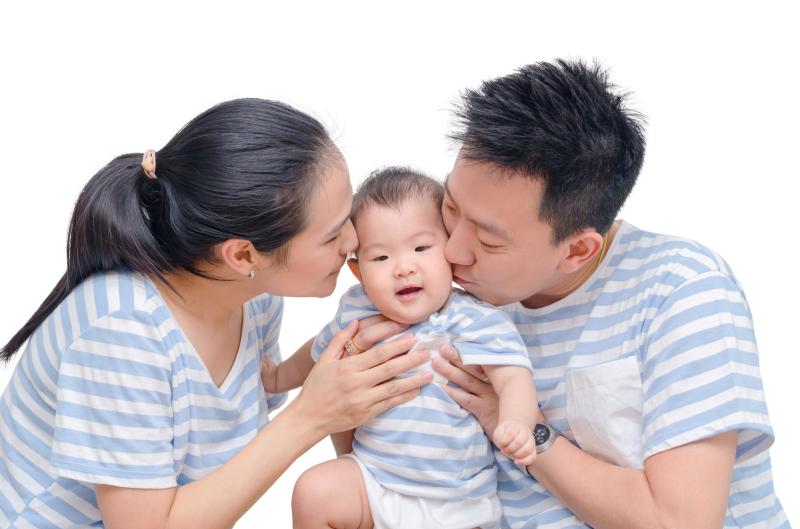Many couples who can’t conceive a child on their own turn to donor egg in vitro fertilization. In this process, an egg donor undergoes ovarian stimulation to produce multiple mature oocytes for egg donation. Her eggs are retrieved, fertilized, and transferred to a recipient mother’s uterus. Egg donors are typically found through egg banks like California Cryobank’s Donor Egg Bank, and are filled with staff eager to assist you in finding your egg donor match.
Egg donors undergo laboratory testing, physical and background screening, and complete a series of questionnaires before they are approved for egg donation. A detailed profile is provided to interested couples and outlines each donor’s demographics, occupation, hobbies, and other traits. While this information is provided to prospective parents to assist in making a decision, no personal or identifying information is given out, and most donors remain anonymous.
How does the egg donation process work?
Donors go through an ovulatory induction process to mature many eggs, which are then retrieved, fertilized in a laboratory, and inserted into the mother’s uterus. To retrieve the eggs from the ovaries, a medical procedure called a transvaginal ovarian aspiration is performed. The doctor will insert an ultrasound probe into the woman’s vagina and use a needle to remove eggs from each follicle. The egg retrieval lasts approximately 30 minutes. Post fertilization in the lab, 1-2 of the resulting embryos are then transferred into the recipient’s uterus.
Donor Requirements
Different egg donation programs set different qualifying criteria, but a standardized set of qualities donors must meet has been set forth by the American Society for Reproductive Medicine (ASRM).
Donors generally fall between the ages of 21 and 34 years of age, as younger women tend to have a higher quality and quantity of eggs. The use of younger eggs decreases the risk of many complications, such as birth defects. Donors are tested for certain infectious diseases and genetic disorders, such as HIV, Hepatitis C, and the cystic fibrosis gene. Donor screening is very rigorous – only about 3% of women who apply to donate eggs will actually become egg donors.
The Screening Process
Donor eligibility is determined by a set of guidelines issued by the United States Food and Drug Administration (FDA). The steps to becoming a donor involve a thorough application followed by an interview, which can be conducted in person or over the phone before the medical portion of the clearance process is scheduled. The donor then undergoes a complete physical exam, blood tests, drug tests, and a pelvic ultrasound to examine the structure of the reproductive organs. An in-depth evaluation of the family history and donor’s psychological history is also performed, along with screening for infectious and genetic disease.
What about Donor Identity?
In the U.S., donors can donate anonymously or choose to disclose their identity. Donors legally receive financial compensation for their time and effort spent donating eggs. However, egg donation clinics require a contract ensuring donors have no legal rights to resulting children or embryos. Some programs keep all donor information confidential, while others may allow donors to meet recipients if both parties are willing. A couple may also arrange the screening, treatment, and transfer process with a clinic to use a friend or family member to donate eggs, if they so choose.
Fresh or frozen?
Couples using a donor have the option of using frozen or fresh oocytes. Though fresh egg donation has long been the standard for donor egg IVF, frozen eggs are more cost-effective, and the success rate of implantations is rising. With a fresh egg cycle, induction of ovulation for egg retrieval needs to be synchronized with the mother’s cycle for the best chance of a successful implantation. For those under tight time constraints, using frozen donated eggs is a faster alternative.
Facing Donor Anxiety
Many women have anxiety over choosing their donor – this is completely normal, as parents typically want the best qualities for their child. Using egg donors, however, is becoming more common as many women choose to enter motherhood later in life. These women, unable to produce their own eggs, still have the opportunity to experience pregnancy and bear a child via donor egg IVF.











